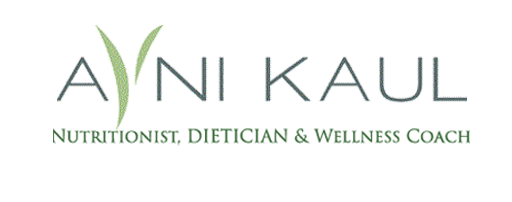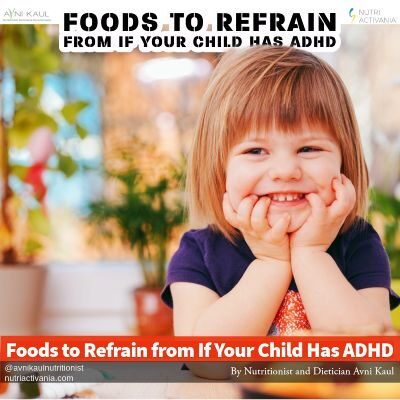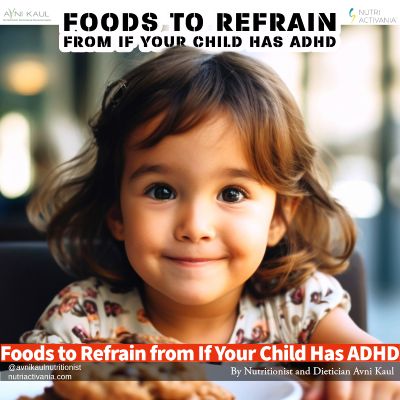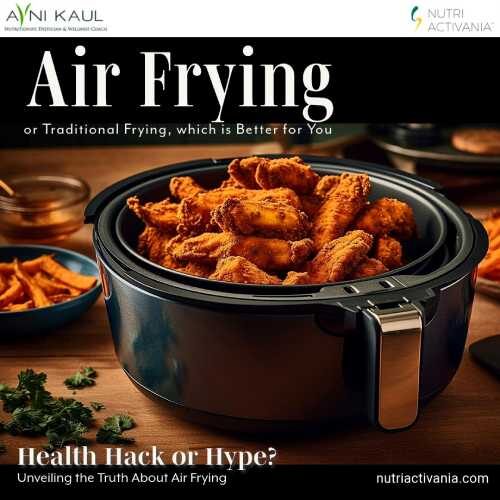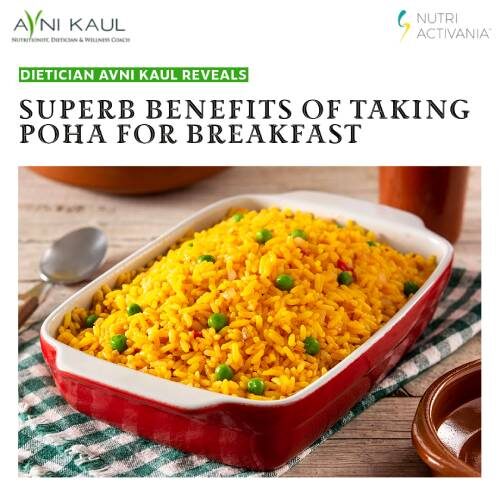Dietician Avni Kaul shares a List of Foods to Stay Away From
We all know that children are full of energy and curiosity, but for some, this natural exuberance can be accompanied by a condition called ADHD, which stands for Attention Deficit Hyperactivity Disorder. It is one of the most common neurodevelopmental disorders that affects boys more than girls. The condition is characterized by inattention, impulsivity, and hyperactivity. The symptoms can either occur together or one after another.
Since many of these symptoms overlap with other medical conditions or may be found in teens without ADHD, accurate diagnosis is crucial.
While there is no scientific evidence that supports diet as a direct cause of ADHD, however, certain foods may have a negative impact on the condition. India’s leading dietician for children Avni Kaul shares a list of foods to be avoided by ADHD patients in this blog.
1. Say NO to sugary foods
It may be absolutely impossible to resist the wide variety of Indian sweets and desserts for children, however, excessive sugar intake can worsen ADHD symptoms. Foods like candies, chocolates, and sugary drinks can cause rapid spikes and crashes in blood sugar levels, leading to irritability, inattention, and impulsivity in children with ADHD.
Sugar can worsen your child’s gut health. ADHD children may already suffer from gastrointestinal issues which can worsen by high sugar intake. It increases brain dysregulation. Parents should limit their children’s consumption of these high-sugar treats and opt for healthier alternatives like fruits or nuts.
2. Stay away from artificial food colourings
Certain food preservatives, such as sodium benzoate, aspartame, MSG (monosodium glutamate), nitrite, and artificial colours, can make kids hyperactive, even if they don’t have ADHD. Foods like colourful cereals, jams, canned items, and soft drinks with these additives should be avoided.
Some children with ADHD react to artificial colourings especially red and yellow with increased symptoms. However, not all kids with ADHD are affected in the same way, and more research is needed to confirm these effects.
3. Processed Foods
Processed foods, while convenient, can harm children with ADHD. They often contain excess added sugars, artificial flavours, and preservatives, like instant noodles, sugary cereals, and fast food. These foods lead to blood sugar spikes and worsen symptoms.
High levels of saturated and trans fats, linked to inflammation, may affect brain function, contributing to behavioural and attention issues. Furthermore, processed foods lack vital nutrients, harming cognitive function and overall health, potentially worsening ADHD symptoms.
4. Avoid Allergens
Some children with ADHD might feel better by avoiding certain proteins found in wheat and dairy. These proteins are called gluten and casein. Dairy products like milk and cheese have casein, while grains like wheat, oats, rye, and barley contain gluten.
When allergic to these foods, they can turn into substances like casomorphin and gliadorphin in the body, which affect the brain’s opiate receptors and can make ADHD symptoms worse. Removing gluten from the diet of ADHD kids can lead to noticeable improvements, hinting at a possible connection between gluten allergies and ADHD. Poor nutrition can also harm brain growth and concentration.
5. Caffeine
Caffeine affects ADHD individuals, even children, with both positive and negative outcomes. It may briefly enhance focus, but excessive use can result in high blood pressure and heart palpitations. Children are drawn to its energizing effect and sweet taste, leading to overconsumption.
Managing ADHD in children involves a holistic approach that includes not only behavioural therapies and medication but also dietary modifications. In India, where food choices are diverse and rich, it’s essential to be mindful of the foods that may aggravate ADHD symptoms. Always consult a healthcare professional or a registered dietitian before making significant changes to your child’s diet, as individual responses to foods can vary.
